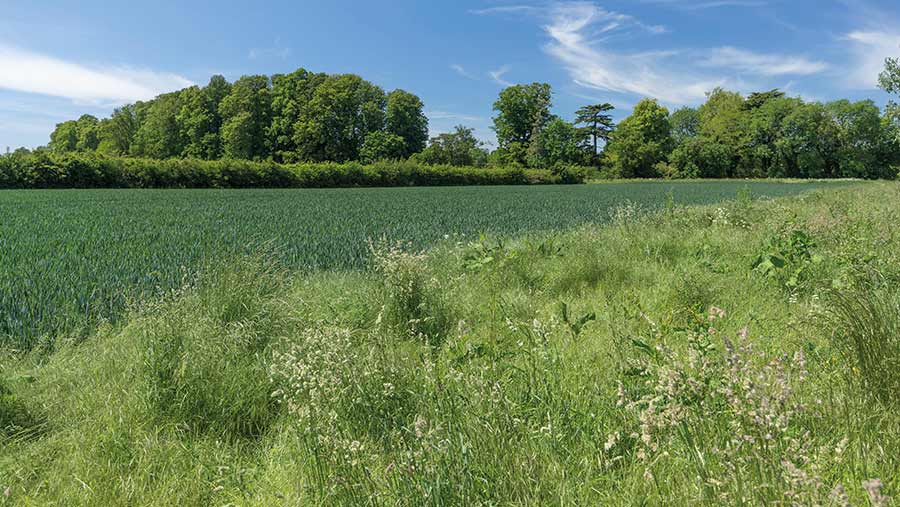FW Opinion: Family farms must feature in future food strategy
 © Tim Scrivener
© Tim Scrivener HRH the Prince of Wales has a well-deserved reputation for being a strong supporter of rural communities in general, and British agriculture in particular.
Sometimes controversial, often challenging, his comments over the years have always commanded attention and usually resonated with the majority of grassroots farmers and food producers.
See also: Prince of Wales warns of cheap food threat to small family farms
This week’s “essay”, read out by the prince on BBC Radio 4’s Today programme on Wednesday 14 July was no exception.
His warning that the focus on cheap food threatens the very survival of the country’s smaller-scale farmers is as pertinent as it has ever been.
As might be expected, the prince points a finger at intensive agriculture which, he says, has denuded our precious landscapes and caused untold damage to our soils, watercourses and atmosphere.
The solution, he suggests, lies in a return to sustainable farming methods, with a clear focus on soil restoration and biodiversity. “We must put nature back at the heart of the equation,” he said.
Prince Charles’ intervention was timely, coming just ahead of food entrepreneur Henry Dimbleby’s latest National Food Strategy release.
Not surprisingly, there are many synergies between the two, with Mr Dimbleby also suggesting that “the way we produce food is doing terrible damage to the environment”.
Both views are well intentioned, though they do tend to demonise modern farming in Britain, which has been taking great strides to improve its environmental credentials.
That aside, the new food strategy does make a number of recommendations to government in the quest for further improvements – some of which make sense, some of which do not.
Of the latter, the report calls for a 30% cut in meat consumption over the next 10 years as a means of cutting greenhouse gases, and suggests a £50m government investment in developing meat alternatives.
Like so many, Mr Dimbleby seems to overlook the positive effect livestock production can have in terms of carbon sequestration and habitat management, while ignoring the more nuanced debate about the true role of methane in global warming.
But there are positives among the report’s recommendations, too – not least the recognition that the move away from direct payments for English farmer needs to be carefully managed if we are to avoid abandonment of the countryside, which also concerns Prince Charles.
To this end, it is pleasing to see Mr Dimbleby calling on government to guarantee the current level of farm support spending until 2029, rather than just for the life of the current parliament.
More alarmingly, though, he then advocates a system based on a “three-compartment model”, with some land identified for food production, some for nature recovery and some for low-intensity farming.
This “land-sparing” rather than “land-sharing” approach has clear dangers in terms of national food security.
But Mr Dimbleby then redeems himself, highlighting the importance of trade policy and pointing to the clear contradiction between the government’s pledge to maintain UK food standards, while signing trade deals that contain no such protections.
The government should act on his demands that ministers “only agree to cut tariffs on products that meet our core standards” and his insistence it draws up a list of those core standards.
Failure to do so will simply accelerate the demise of small family farms that Prince Charles has so eloquently warned about.

